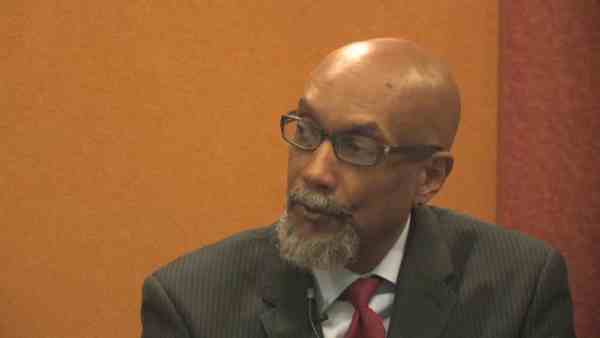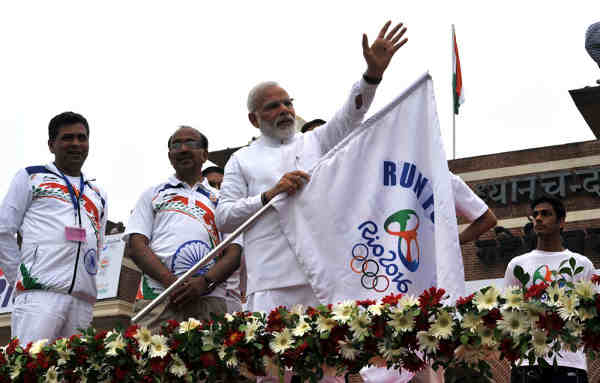India Advised to Protect Human Rights

Recommendations from member states at the UN Human Rights Council reflect the key human rights challenges that India needs to urgently tackle, Amnesty International India has said.
India’s human rights record was reviewed on 4 May under the Universal Periodic Review (UPR) procedure. Amnesty has welcomed the recommendations made to India by reviewing states, many of which reflect concerns it has raised previously.
“Some of the key recommendations made at the UPR include criminalising marital rape, ending discrimination against LGBTI people, amending laws stifling civil society organisations, checking excessive use of force by security forces and outlawing torture and enforced disappearances,” said Raghu Menon, advocacy manager at Amnesty International India.
[ Human Rights Abuses Increasing in Modi’s India: Report ]
“Unfortunately, India has often committed to acting on recommendations in the past, and then done next to nothing. The government should accept these recommendations and take them far more seriously this time,” Raghu Menon said.
While India’s efforts to recognize and protect the rights of transgender people were lauded by several countries, many also urged India to also end all discrimination on the basis of sexual orientation and gender identity.
[ Humanitarian Crisis Persists at DPS Housing Society in Delhi ]
“The Indian delegation informed the UN Human Rights Council that the Supreme Court had agreed to hear a challenge against its ruling which re-criminalised consensual same-sex relations. However, the government itself has done nothing to repeal Section 377 of the Indian Penal Code. This needs to change,” said Raghu Menon.
Several members also asked India to immediately amend or repeal the Foreign Contribution (Regulation) Act, which is being used to target civil society organisations, violating the rights to freedom of expression and association guaranteed by India’s constitution and international human rights law.
A complete set of recommendations from all member and observer states will be presented by the UPR working group on 9 May and it would be formally adopted in September 2017.
Photo courtesy: Amnesty International






